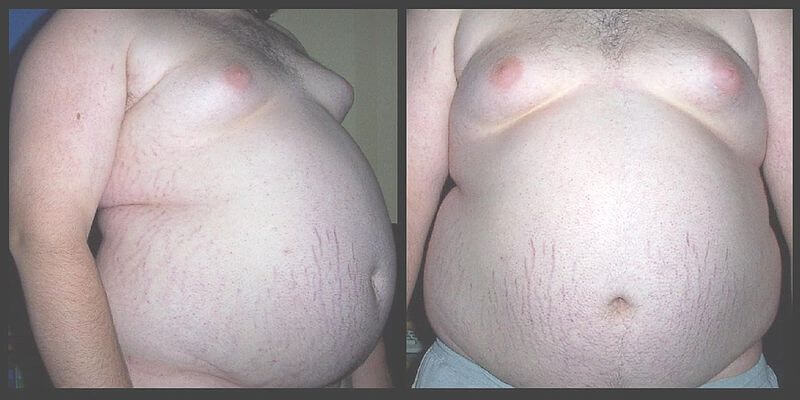Negative body image significantly increases the risk of obesity regardless of whether youth have depression, according to researchers at The University of Texas Health Science Center at Houston (UTHealth) School of Public Health.
“Our last study found that participants who were depressed were twice as likely to be obese six years later, implying a cause-and-effect relationship between depression and obesity. In this new study, when body image was introduced, we found no association between major depression and obesity, meaning that body image is the mediating factor,” said Robert E. Roberts, Ph.D., first author and professor of health promotion and behavioral sciences at UTHealth School of Public Health San Antonio Regional Campus.
In the paper published recently in the Journal of Affective Disorders, Roberts and his co-author examined data from a study called Teen Health 2000 (TH2K) which surveyed youth ages 11 to 17 in the Houston area. The youth were asked to describe themselves as skinny, somewhat skinny, average weight, somewhat overweight or overweight. They were also measured for height, weight and whether they had a major depressive episode in the last year.
For the study’s purposes, persons with a body mass index of 30 or more were considered obese.
Participants who perceived themselves to be overweight, regardless of how much they weighed, were twice as likely to be obese a year after they were surveyed. Young women in the group were three times more likely to be obese at the one-year mark.
According to the paper, previous research has indicated that negative body image is associated with greater psychological distress, more disordered eating, binge eating and fewer health-promoting behaviors such as physical activity and consumption of fruits and vegetables.
“Clinically, addressing body image in depressed patients who are obese may improve outcomes,” said Roberts, who is also part of the Michael & Susan Dell Center for Healthy Living at UTHealth School of Public Health Austin Regional Campus.



We can either do nothing and thus let out-of-control healthcare and lost productivity costs bankrupt our country, or we can mitigate this problem with simple public policy changes:
a ) have the public schools encourage lifetime sports participation by requiring exposure to four separate lifetime sports ( with one to be soccer ) by all able-bodied students.
b ) require, on an exception basis. that nutritional values that exceed safe levels trigger a warning on menus, particularly on the ordering menus of fast food outlets.
c ) require disclosure on soft drink containers the annualized weight gain that consumption of one, two, and three drinks per day would cause.